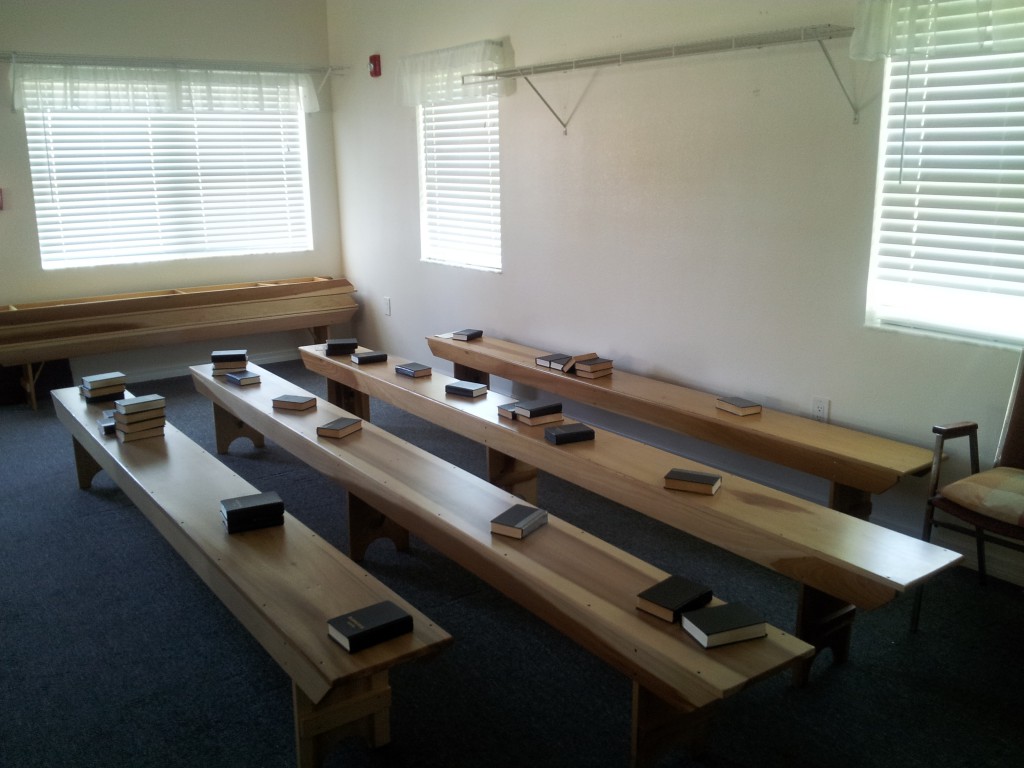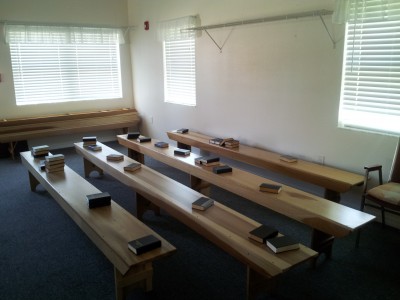Several weeks ago, I shared a link to an Amish wedding chant. Elva Bontrager, a reader and a former Amish person, introduced me to Gaelic Psalm singing in Scotland. Since then I have listened to this and one other recording of this amazing singing at the Back Free Church on the Isle of Lewis too many times to count. And every time it takes me to that place in my soul where I had only gone when listening to or contributing to Amish church singing.
Elva and I both wondered how these two very different traditions could sound so similar when singing their sacred songs. The second link above gives an explanation of when and how the Gaelic Psalm singing developed. I cannot help but wonder if they stem from the same origins five hundred years ago.
This question led me to a search for other anaccompanied chants, and I found that many, many traditions have their own version of a sacred chant. Here are some of the ones I found:
Russian Orthodox Chant
Russian Liturgical Music refers to the musical tradition within the Russian Orthodox Church
Gregorian Chants from Assisi
Old Regular Baptist Chant
Recorded in the hills of Appalachia in Eastern Kentucky
Native American Chant
This funeral chant was recorded in 1913 by a Seneca tribe
Because I am constantly looking for the universal messages and traditions in various religions and philosophies, I find it absolutely fascinating that unaccompanied chants are a way of expressing the sacred in such diverse traditions and religions.
In this same theme, I found this short documentary about the Gaelic laments. This explains why back in 2009, right after my sister Lizzie died, I listened to a song by Lisa Kelly called A Soft Goodbye. It expressed my grief better than anything else at the time. It is a wonder I didn’t wear out the CD.
In my next post, I will share links to chants from traditions even more diverse than the ones here.




These take me back to eternity past, eternity present and eternity future. It is beautiful. I look forward to your next blog. I am going to share this on Facebook.
Katie, what a beautiful way of describing your response to these songs. Thank you very much for sharing it on FB.
Thank you, Katie! Thank you, Saloma! Saloma and I agreed that our reaction to the music reminded us of ‘bauchweigh’, the hollow, aching center of one’s being. I hesitate to call it a ‘loss’ because it is not precisely that but it is somehow related to loss in my mind. Or my gut. :)
Saloma, in your blog you say: “…these two very different traditions could sound so different…” Unless I misunderstand you, I would have wondered how two so different traditions could produce something so SIMILAR.
In any case, again, thank you both.
Elva
Elva, thank you very much for that correction… it was badly needed. Thank you also for introducing us to the Gaelic Psalm singing.
yes! This is so interesting. My husband played a cd for me of the old Baptist singing and we’ve long wondered if there could be a connection to Amish singing. I did some research on the old Baptists and discovered long funerals that last all day and an irregular church schedule that somewhat mimics Amish schedules. Seems they like to have a service at their own church twice a month and visit others on the off Sunday’s.
Monica, that is very interesting. I wonder if there is any connection between the old Baptist and Amish traditions? If we dig deep enough, we see how we are all connected to one another…
Just read your blog post, but I’ve not had a chance to respond. Today was a hectic day for David and me.
I am looking forward to your next blog with the links to the chants. :-) Hope David and you have had a good day today.
Thank you, Miriam, for your good wishes. I’ll probably post to my blog on Monday or Tuesday.
Pingback: About Amish | Sacred Chants from around the World, Part 2
Love these links, Saloma. Will share also.
Fascinated, as you are, by the chant traditions in many religions, cultures.
And I continue to wonder about the Celtic Anabaptists.
Following with interest.
Thank you for sharing, Shirley. Interesting… the Celtic Anabaptists. Wonder if there were any?